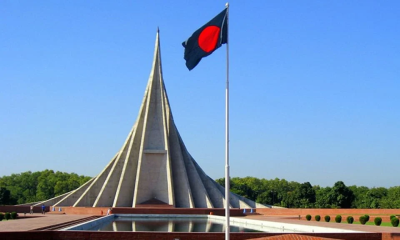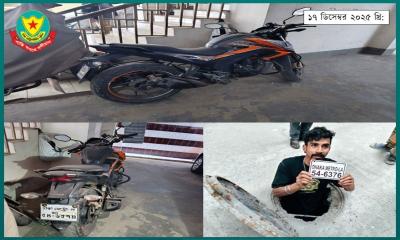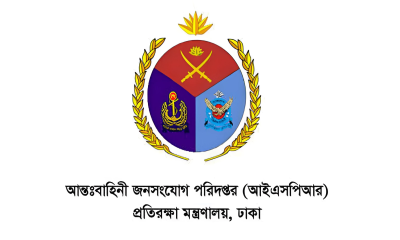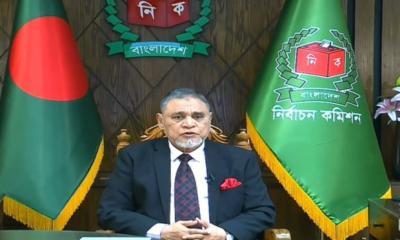What on earth has happened to our reporting of the Middle East? George Orwell would have loved a Reuter`s dispatch from the West Bank city of Hebron last Wednesday.
"Undercover Israeli soldiers," the world`s most famous news agency reported, "shot dead a member of Yasser Arafat`s Fatah faction yesterday in what Palestinians called an assassination."
The key phrase, of course, was "what Palestinians called an assassination". Any sane reader would conclude immediately that Imad Abu Sneiheh, who was shot in the head, chest, stomach and legs by 10 bullets fired by Israeli "agents" had been murdered, let alone assassinated.
But no. Reuters, like all the big agencies and television companies reporting the tragedy of the Palestinian-Israeli conflict, no longer calls murder by its real name.
Back in the days of apartheid, no one minced their words when South African death squads gunned down militant opponents. They talked about murder and assassination.
They still do when Latin American killers murder their political opponents. I`ve yet to find a newspaper which shrinks from reporting the "murder" – or at the least "assassination" – of IRA or UDA gangsters in Belfast. But not when the Israelis do the murdering. For when Israelis kill, they do not murder or assassinate, according to Reuters or CNN or the most recent convert to this flabby journalism, the BBC.
Israelis perpetrate something which is only "called" an "assassination" by Palestinians. When Israelis are involved, our moral compass our ability to report the truth dries up.
Over the years, even CNN began to realise that "terrorist" used about only one set of antagonists was racist as well as biased. When a television reporter used this word about the Palestinian who so wickedly bombed the Jerusalem pizzeria last week, he was roundly attacked by one of his colleagues for falling below journalistic standards.
Rightly so. But in reality our reporting is getting worse, not better.
Editors around the world are requesting their journalists to be ever softer, ever more mealy mouthed in their reporting of any incident which might upset Israel. Which is why, of course, Israelis are so often reported as being killed by Palestinians while Palestinians, some as young as 10, are killed in "clashes" – "clashes" coming across as a form of natural disaster like an earthquake or a flood, a tragedy without a culprit.
One sure way of spotting Israel`s responsibility for a killing is the word "crossfire". Mohamed el-Dura, the little Palestinian boy shot dead by Israeli troops in Gaza last year, became an iconic symbol of the Palestinian "intifada".
Journalists investigating the boy`s death, including The Independent`s Jerusalem, correspondent were in no doubt that the bullets which hit him were Israeli (albeit that the soldiers involved may not have seen him). Yet after a bogus Israeli military inquiry denounced in the Knesset by an Israeli member of parliament, all the major Western picture agencies placed captions on the photo for future subscribers. Yes, you`ve guessed it, the captions said he was killed in "crossfire".
Wars have always produced their verbal trickeries, their antiseptic phrases and hygienic metaphors, from "collateral damage" to "degrading the enemy". The Palestinian-Israeli conflict has produced a unique crop.
The Israeli siege of a city has become a "closure", the legal border between Israel and the occupied territories has become the "seam line", collaborators for the Israelis are "co-operators", Israeli-occupied land has become "disputed", Jewish settlements built illegally on Arab land have become "neighourhoods" – nice, folksy places which are invariably attacked by Palestinian "militants".
And when suicide bombers strike "terrorists" to the Israelis, of course the Palestinians call them "martyrs".
Oddest of all is Israel`s creepy expression for its own extrajudicial murders: "targeted killings". If a dark humour exists in any of this dangerous nonsense, I must admit that Israel has found a real cracker in its expression for Palestinians who blow themselves to bits while making bombs: they die, so the Israelis say, from "work accidents".
But it`s not the words Israelis and Palestinians use about each other that concern me. It`s our journalistic submission to these words.
Just over a week ago, I wrote in The Independent that the BBC had bowed to Israeli diplomatic pressure to drop the word "assassination" for the murder of Palestinians in favour of Israel`s own weird expression, "targeted killings". I was subsequently taken to task by Malcolm Downing, the BBC assignments editor who decreed this new usage. I was one-sided, biased and misleading, he said; the BBC merely regarded "assassination" as a word that should apply to "high-ranking political or religious figures".
But the most important aspect of Mr Downing`s reply was his total failure to make any reference to the point of my article the BBC`s specific recommended choice of words for Israel`s murders: "targeted attacks". The BBC didn`t invent that phrase. The Israelis did.
I don`t for a moment believe Mr Downing realises what he did. His colleagues regard him as a professional friend. But he has to realise that by telling his reporters to use "targeted killings", he is perpetrating not only a journalistic error but a factual inaccuracy. So far, 17 totally innocent civilians including two small children have been killed in Israel`s state-sponsored assassinations. So the killings are at the least very badly targeted indeed.
And I can`t help recalling that when the BBC`s own Jill Dando was so cruelly shot dead on her doorstep, there was no doubt that she was killed by a man who had deliberately "targeted" her. But that`s not what the BBC said. They called it murder. And it was.
Within the past week, CNN, the news agencies and the BBC have all been chipping away at the truth once more. When the Jewish settlement at Gilo was attacked by Palestinian gunmen at Beit Jalla, it once more became a "Jewish neighbourhood" on "disputed" land even though the land, far from being in "dispute", legally belongs to the Palestinian people of Beit Jalla ("Gilo" being the Hebrew for "Jalla"). But viewers and readers were not told of this.
When the next state-sponsored assassination of a Palestinian Hamas member took place, a television journalist – BBC this time – was reduced to telling us that his killing was "regarded by the Israelis as a targeted killing but which the Palestinians regard as an assassination".
You could see the problem. Deeply troubled by the Israeli version, the BBC man had to "balance" it with the Palestinian version, like a sports reporter unwilling to blame either side for a foul.
So just watch out for the following key words about the Middle East in television reporting over the next few days: "targeted killings", "neighbourhood", "disputed", "terrorist", "clash" and "crossfire".
Then ask yourself why they are being used. I`m all for truth about both sides. I`m all for using the word "terrorism" providing it`s used about both sides` terrorists. I`m sick of hearing Palestinians talking about men who blow kids to bits as "martyrs".
Murder is murder is murder. But where the lives of men and women are concerned, must we be treated by television and agency reporters to a commentary on the level of a football match?
The original article was published on The independent.co.uk





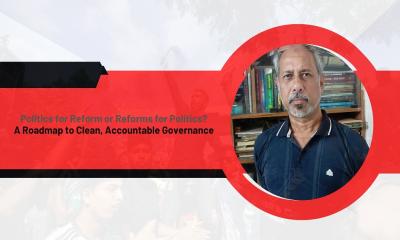

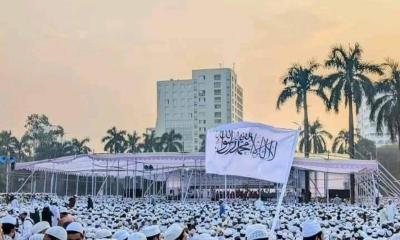


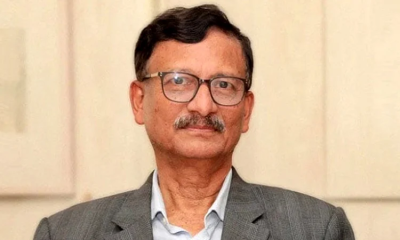


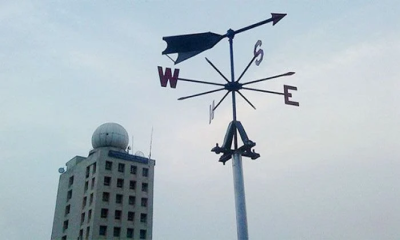
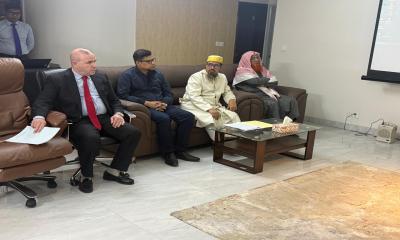



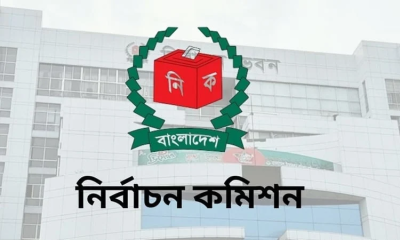
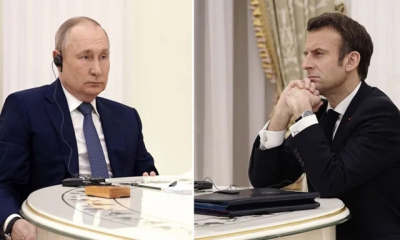
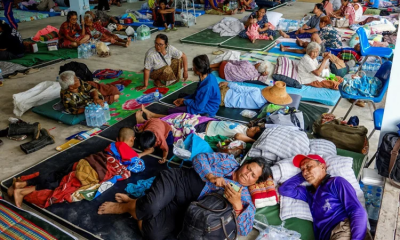
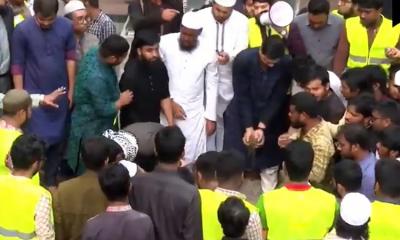
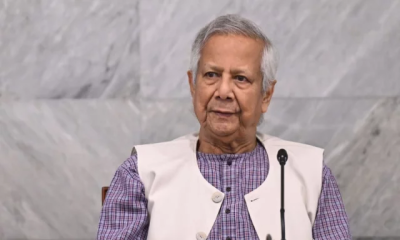
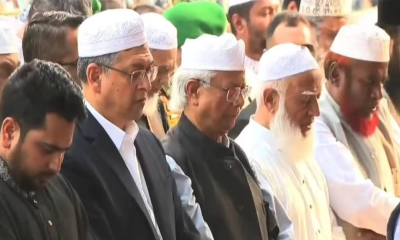
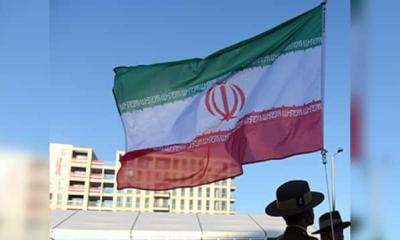
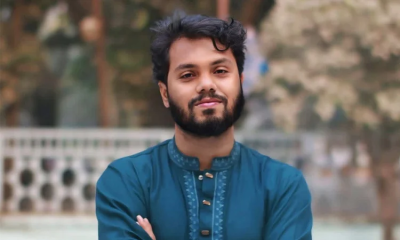

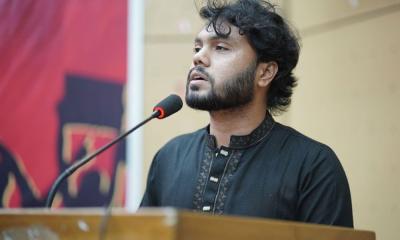
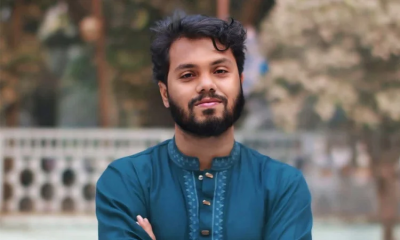
-20251218165258.jpeg)

-20251216090625.jpeg)
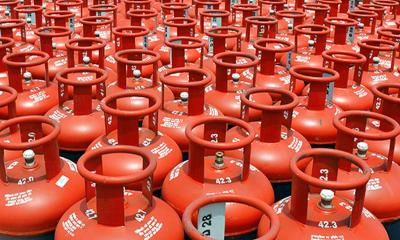

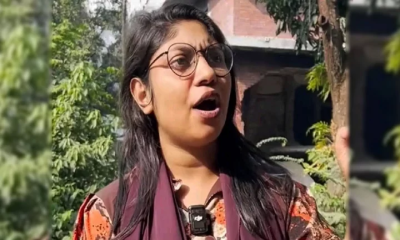
-20251216054240.jpeg)
